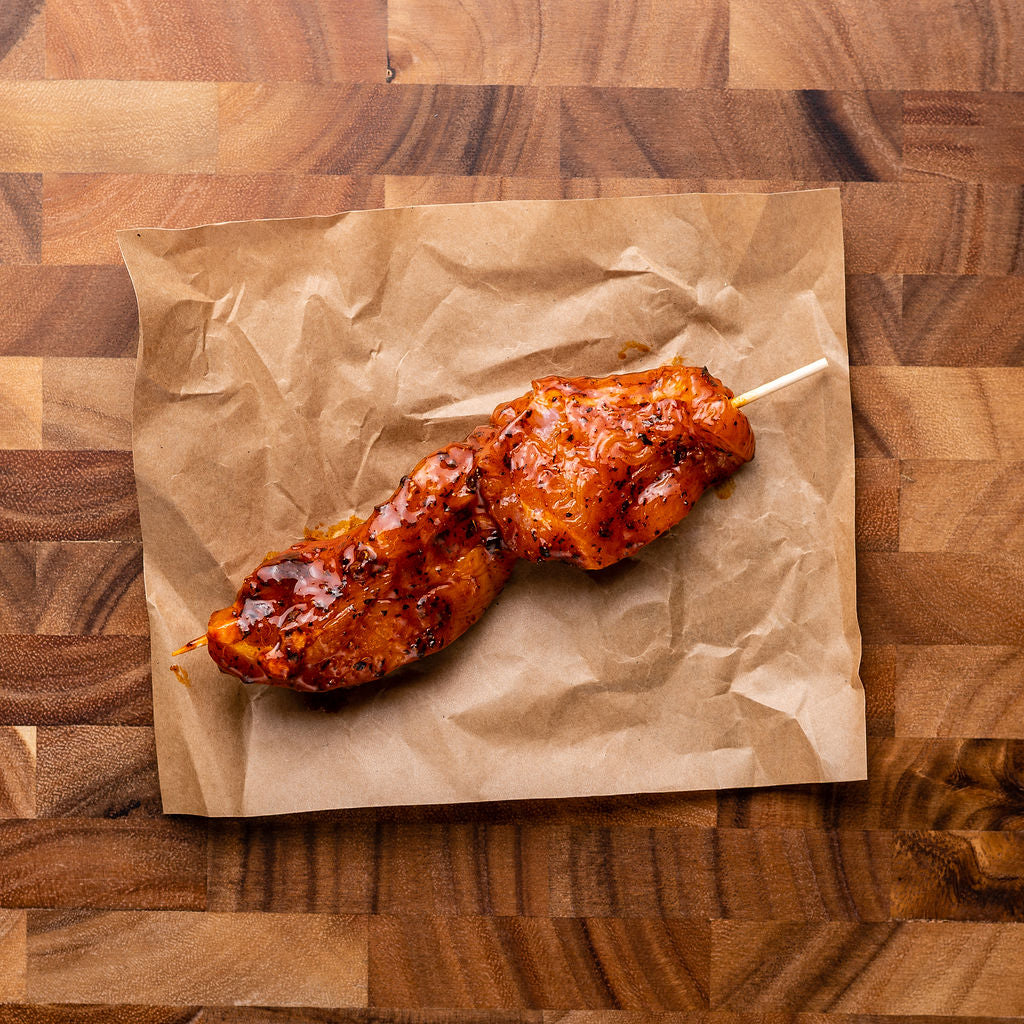Dry rubs and marinades are both excellent ways of adding extra flavour and seasoning to your meat before you cook it. But depending on what meat you’re planning to cook, you might be better choosing one over the other.
Here we explain the differences between dry rubs & marinades, talk through the benefits of each, which meats work best for each and give some sample recipes so you can try them out yourself.
Dry rubs
A dry rub is a blend of dry seasonings and ground spices that you rub on to the meat. This creates a crispy flavoured “skin” that helps to seal in the juices of the meat.
Best for: Beef, pork, chicken, lamb, turkey or seafood.
Benefits:
- No waiting time. Just rub it into your meat and you can cook it straight away.
- Seals in the moisture, which makes it a great method for BBQ-ing.
- Adds a textured crust to your meat.
How to use:
Dry rubs can be as basic as a blend of salt, pepper, and brown sugar, which adds seasoning, flavour, and caramelisation.
From there you can mix up the blend depending on what flavour profile you’re going for. Want a little heat? Add some cayenne. Want a more earthy flavour? Add toasted fennel seeds and coriander. The point is, you can add just about whatever you like to change the flavour from mild to wild as long as you remember to keep a good balance between all of the components.
Here is our favourite dry rub recipe: The Ultimate BBQ Dry Rub.
Marinades
A marinade is a flavoured liquid that your meat will sit in to soak up the flavours, before being cooked. The longer you leave the marinade, the more intense the flavour will be.
Best for: All meat can benefit from marinating, as well as fish, seafood and even vegetables!
Benefits:
- A good marinade will tenderise any tougher cuts of meat, as the acid in the mixture will break down the meat fibres.
- It adds moisture to cuts that have a tendency to dry out e.g. steak, chicken or chops.
- Marinades can give a more intense flavour than dry rubs.
How to use:
A typical marinade is made up of three essential components:
1) Acid e.g. vinegar, wine, lemon juice or even yoghurt
2) Oil - neutral or flavoured, your choice
3) Herbs or spices for flavour
These elements all work together to transform the taste and texture of your dish. And the flavour combinations are endless!
Here’s a simple marinade for chicken from BBC Good Food, but we think this would work equally well on any white meat, fish or seafood.
Simple chicken marinade recipe
Enough for 400g chicken
1 garlic clove, crushed
2 tbsp lemon juice
2 tbsp olive oil
handful of fresh herbs such as parsley, basil or coriander, finely chopped
Mix the garlic, lemon juice, olive oil and herbs in a large bowl and season well.
Marinate the chicken for 1-2 hours.
